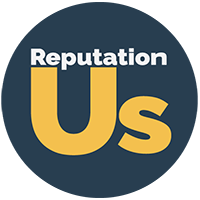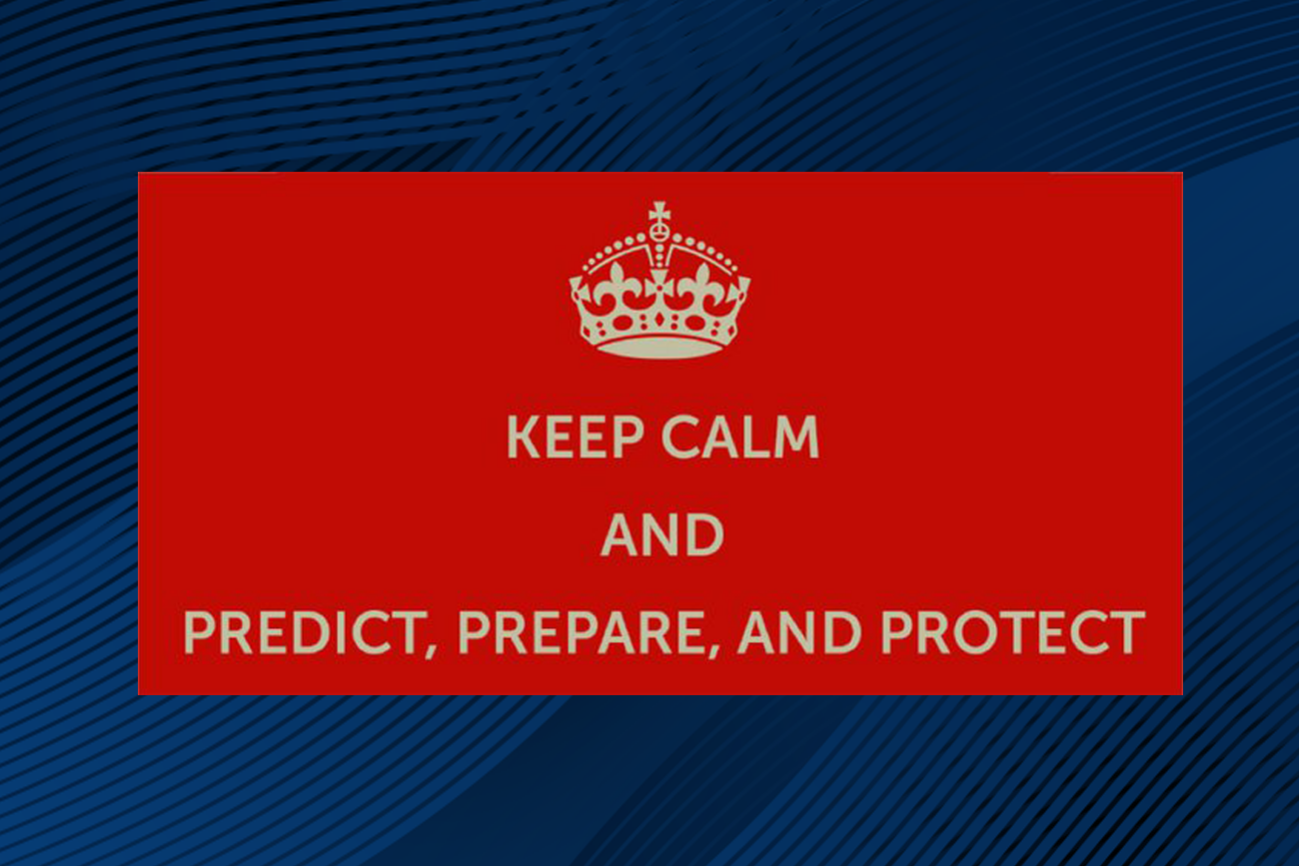How Organizations Can Play Offense, Not Defense, When Preparing for the Next Crisis
Confession … our firm, which specializes in crisis response, didn’t see the crises of 2020 coming. Who did, really? While we eerily predicted in January that 2020 would be the “Year of the Crisis,” we had other crises in mind and couldn’t have fathomed the magnitude and multitude of issues that this year presented.
Since early March, ReputationUs has been asked by several adversely affected businesses and organizations (e.g., credit unions, nursing, health care, real estate, food & beverage, restaurants) to partner with them to help navigate through these unforeseen storms. Tides seemed to shift daily for credit unions struggling with the next wave of crises that hit their financial institution and communities. As we are brought in to support their efforts with immediate strategy and communications to mitigate damage, we instantly recognize there are two types of organizations when in comes to crisis management; 1) Those who are prepared and 2) those NOT prepared to handle a crisis.
CRISIS OFFENSE, NOT DEFENSE
Typically, when a crisis inflicts a company, leaders go on the defense. They understandably go into defensive questioning mode by asking such things as:
- What happened?
- When did it happen?
- Why did it happen?
- Who is impacted?
- How are they impacted?
- Who is responsible?
- Could the incident have been prevented?
- How has/is the situation being addressed?
While this type of questioning is spot on during the fog of war to address the issue at hand, organizations can take a more offensive—or proactive—approach to “future think” and anticipate the next crises.
Such anticipatory questions to ask to play “crisis offense” include:
- What might be the next crisis that could damage the credit union?
- Where are we most exposed?
- What could happen next?
- Who or what are most vulnerable and might be impacted when the next crisis hits?
- What are the dangers, challenges, and risks to our reputation?
Spotting the next crisis should not be a one-person job. Rather, it is a team approach that requires ongoing oversight. We counsel organizations to task each of its departments’ leads (e.g., HR, IT, marketing, operations, and board of directors) to provide a list of potential issues in their department that currently “keep them up at night” or have a high probability of being a potential issue.
For each department, the following questions can be posed to the respective department leaders to gather insights into potential crises:
- What are some existing and potential issues that you foresee in 2021?
- Why do you believe they are issues?
- Any recommendations on how to address these proposed issues?
2021 READY
While it’s hard to believe next year could be any more crisis-ridden than this year, the smart move is to be prepared and safeguard the organization against any unnecessary collateral damage. It will be better to play offense in 2021 than be on the defense like 2020.
“While you can’t necessarily predict the timing of the next crisis, you can be prepared.” – Casey Boggs, ReputationUs








